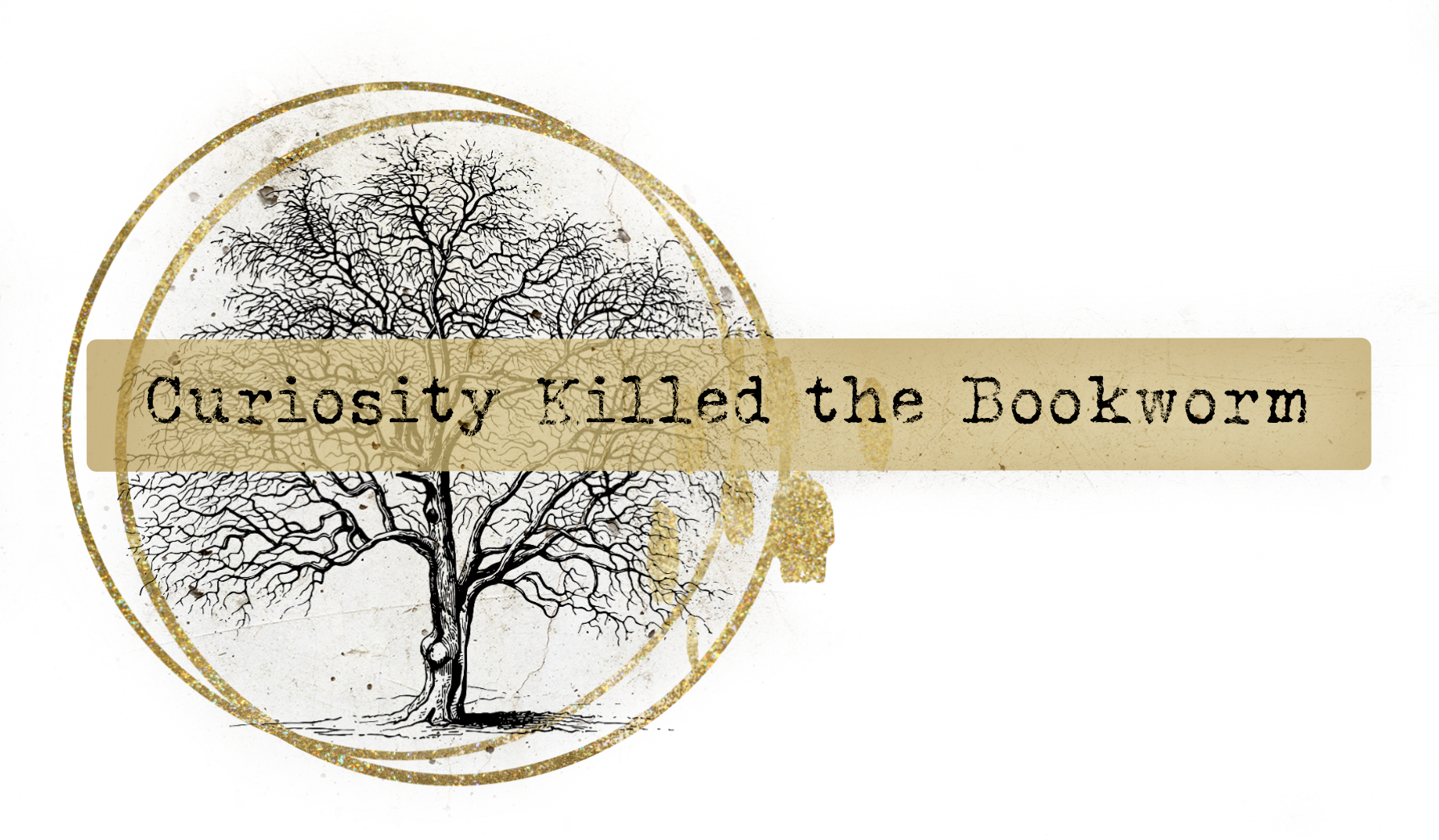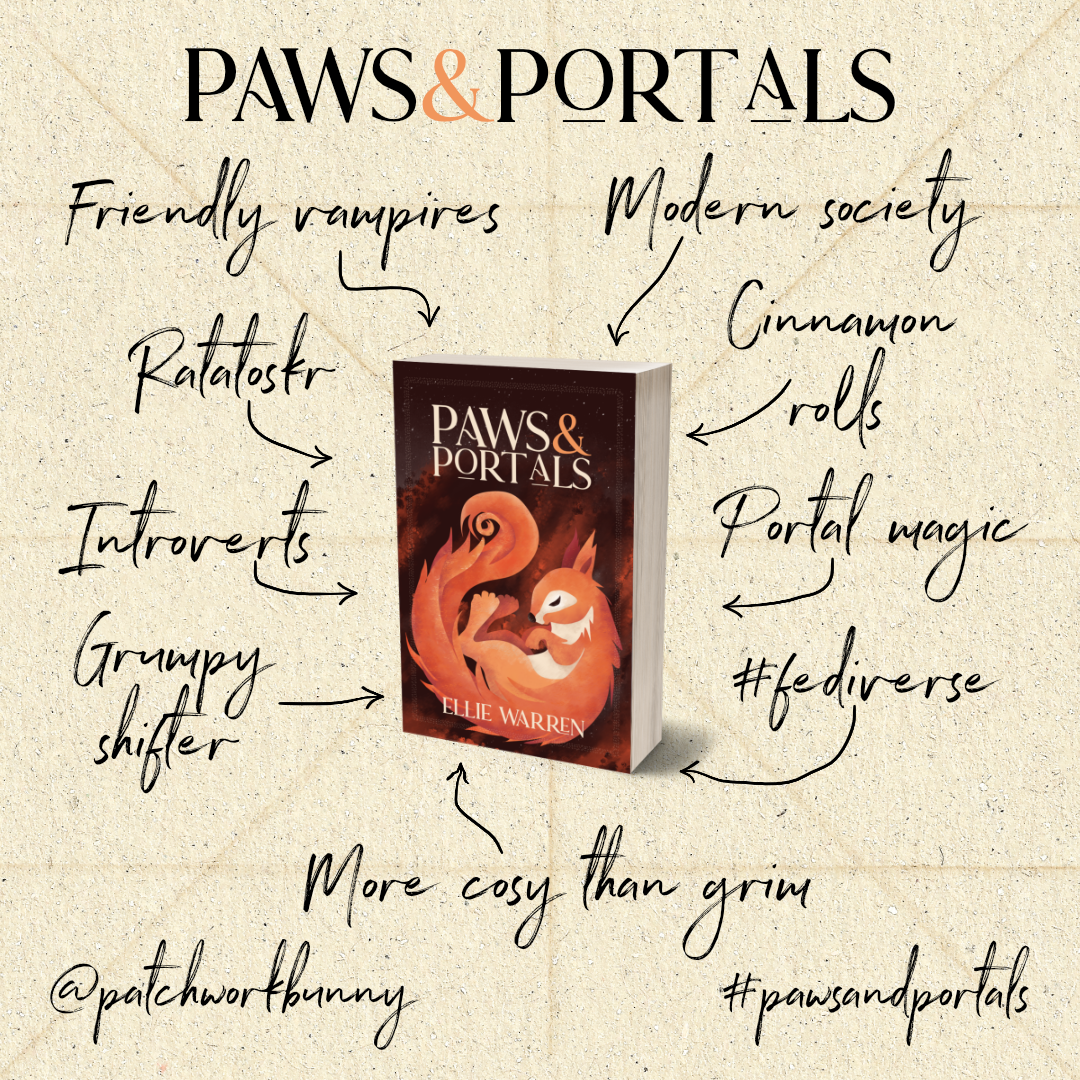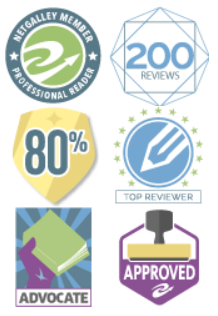
Darrow mines the minerals deep below the surface of Mars. He is a Red, a race sent ahead to make the planet inhabitable for the rest of mankind. Or that is what he believes. When the ruling class take away the one thing he loves most, he sacrifices himself, though it turns out not in the way he was expecting. For the rebels have plans for him.
It’s always with some trepidation that I pick up a book that’s already loved by so many. I should really trust my spidey-sense, as Red Rising didn’t hit the spot (and I doubt I would have read it if not for the free copy I got at Nine Worlds). For me, it loses its way amongst the war games, not something I am particularly enamoured with in the first place. Has Darrow himself forgotten his purpose? It’s hinted at, at times. It is brutal, something that I’m sure many find refreshing in young adult.
Red Rising has borrowed concepts from a lot of different sources. Now, I’m quite aware that those sources my brain jumped to were not necessarily original themselves, but with some of them being such successful franchises, I do wonder if it was a book written specifically to appeal to their fans. Apart from the obvious, the battlefields reminded me so much of Dan Simmons’ Ilium; with the gods that are not gods sneaking down to help their favourites with technology and intelligence.
I think the use of the Roman names for the gods was a bit distracting for my brain in particular. I am so familiar with the Greek names that I kept trying to match them up. And then trying to analyse the houses, which I don’t think had too much in common with their gods’ traits after all. Overall, there’s a lot going on and the aspects of the plot I was most interested in didn’t get the focus I wanted.
Are we meant to like the Golds by the end of the book? Is the message really that colour doesn’t define these people and there is good and bad in every race? Because the start of the book is all about how Darrow has a chance to bring the Golds down. How they are oppressing his people and represent all that is wrong with the society. Instead, the bulk of the story is about his friendships and allies with the Golds at the institute, which don’t come across as faked. Perhaps this is setting up for some complex decisions later on in the series. I’m starting to crave standalone novels more and more these days, or at least reading trilogies when they’re compete.
The back story was far too wishy-washy for my liking. The tale of how earth colonised the planets with genetically engineered humans sounds like a good one to me. But it’s all a bit rushed, we’re not expected to question the eugenics behind all these different “colours”. I’d rather the back story is left to the imagination if it’s going to be that vague.
I’ve been told Golden Son is better but I’m not sure I care enough about these characters to give it a second chance… I do like the world though, so I won’t say I won’t read it, just definitely not straight away.
Goodreads | Amazon | Waterstones | Hive
Also reviewed @ Uncorked Thoughts | For Winter Nights
Book Source: Con Freebie
Related posts
2 Comments
Leave a ReplyCancel reply
This site uses Akismet to reduce spam. Learn how your comment data is processed.







I completely agree with most of what you've written! I didn't dislike the book in any way, but I never really got carried away like so many other seem to have been – I almost feel like there was 2 different books rolled into one, and personally, I didn't really care all that much about the war games.
"I’ve been told Golden Son is better but I’m not sure I care enough about these characters to give it a second chance… I do like the world though, so I won’t say I won’t read it, just definitely not straight away." – My exact sentiments 🙂
Glad it's not just me!